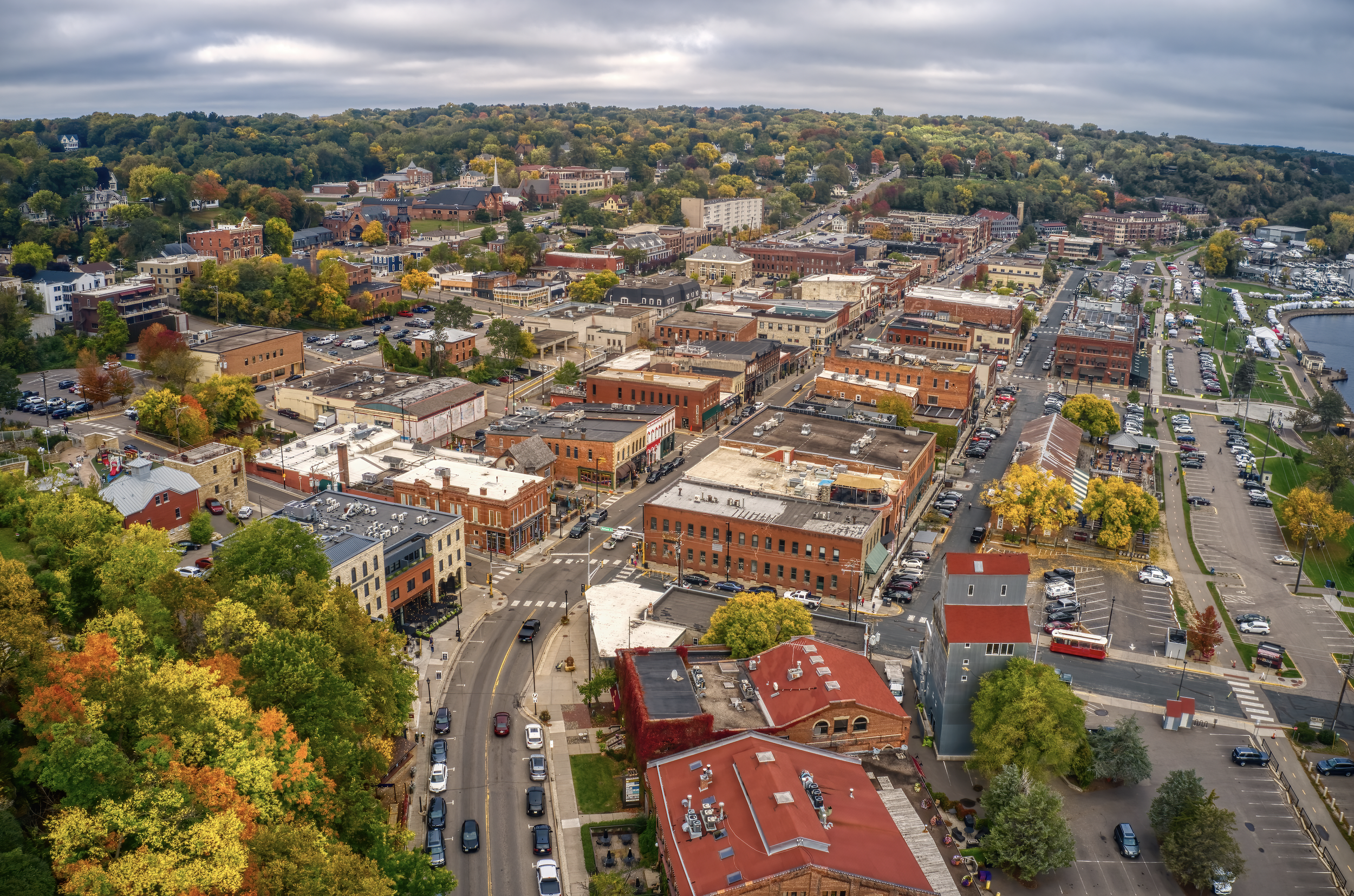
The Cost
The $13.5 million “Riverfront Renewal” investment plan would be supported through four funding sources:
Local half-percent sales tax: $6.2 million over a 10-year period, plus interest and financing costs.
Funding from State Legislature: $6 million in state bonding funds approved in 2023.
Donations and grants: $1 million private donation, $50,000 grant from the MN Department of Natural Resources and $50,000 from the Legacy Fund.
City contributions: $179,000 for renovations to the Aiple house and vegetation management.
The financing plan was designed to ensure that these parks can serve the city and region’s growing demand for outdoor recreation amenities while recognizing the need to be economical with taxpayers’ investments.
Why a Local Sales Tax?
A local sales tax shares the responsibility of paying for proposed improvements with nonresidents who use the city’s facilities and shop at local businesses.
If approved, just over $3.1 million dollars, or 50.4% percent, of the half-percent sales tax would come from nonresident contributions, according to an analysis by the University of Minnesota.
If a property tax increase was used, the remaining cost of the investment plan would fall solely to Stillwater homeowners and commercial property owners.
Many essential goods are exempt from the sales tax, including groceries, clothing, prescription and over-the-counter drugs, feminine hygiene products and baby products. For more information, view this list of most nontaxable items from the Minnesota Department of Revenue.
Primary Funding Sources
Total: $13.5 million
Stillwater residents would pay less than 1/4 of the total cost of the investment plan if the sales tax is approved
How the Local Sales Tax Would Work
The average cost of the half-percent sales tax for each Stillwater resident would be about $2.95 per month, or $35.43 per year, according to the University of Minnesota study.
If approved by voters this November, the funds from the local sales tax cannot be used for anything outside of the riverfront improvement projects.
State law requires the sales tax to sunset once funds required for the projects have been collected, or within 10 years, whichever occurs first.
Residents get the final say when they vote on or before Nov. 5.


